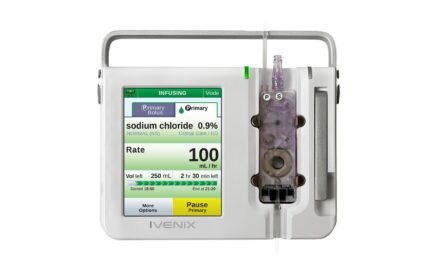The infusion pumps and devices market reached $18.5 billion in 2015, is estimated to have reached $19.6 billion in 2016, and will be worth nearly $25.8 billion by 2021, growing at a compound annual growth rate (CAGR) of 5.6% from 2016 to 2021, according to a recent report from BCC Research. The market is highly competitive, with industry leaders retaining market share through continuous product innovation and aggressive pricing.
The general infusion pumps and devices market reached $11.8 billion in 2015. The market should reach $12.7 billion in 2016 and $17.1 billion by 2021, growing at a CAGR of 6.1% from 2016 to 2021. The specialty infusion pumps and devices market reached $6.7 billion in 2015. The market should reach over $6.9 billion in 2016 and $8.7 billion by 2021, growing at a CAGR of 4.6% from 2016 to 2021.
The study aimed to provide an overview of the current and future characteristics of the global market for infusion devices. It explored present and future strategies within the infusion devices market, which includes general infusion pumps and devices and specialty infusion pumps and devices.
Infusion devices are used in all clinical settings, such as hospitals, physicians’ clinics, ambulatory care centers, and nursing facilities, and are essential tools for providing preoperative, intraoperative and postoperative care, critical care, and pain management. Extensive research in the field of infusion devices has expanded their functionality, with diversified uses ranging from fluid administration to intravenous delivery of medicines.
In recent years, the use of infusion pumps has increased, creating intense demand for smart insulin pumps, chemotherapy pumps, patient controlled analgesia pumps, and various other types of infusion devices.
According to the report, research and development spending, along with increasing competition, and new technologies are giving the market a new direction. The new advancements, new product launches, and changing lifestyles will influence market growth in the foreseeable future.
For more information visit BCC Research.




